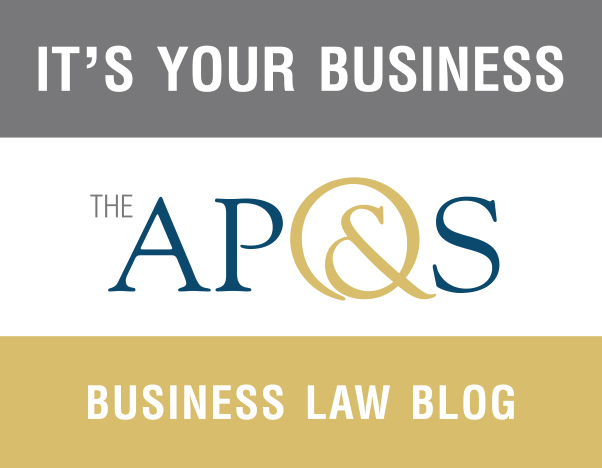When conducting business outside of the United States, U.S. companies must comply with the Foreign Corrupt Practices Act of 1977 (“FCPA”). The FCPA was enacted for the purpose of making it unlawful for persons and entities to make payments to foreign government officials to assist in obtaining or retaining business. It is enforced by the Department of Justice (“DOJ”) and the Securities and Exchange Commission (“SEC”).
The FCPA prohibits a wide range of activities and imposes harsh civil and criminal penalties for any violations under the FCPA. Specifically, the FCPA prohibits any offer, payment, promise to pay, or authorization of the payment of money or anything of value to any person, while knowing that all or a portion of such money or thing of value will be offered, given, or promised, directly or indirectly, to any foreign official, to any foreign political party or official thereof, or to any candidate for foreign political office, for purposes of:
- Influencing any act of such foreign official, political party, party official, or candidate;
- Inducing such foreign official, political party, party official, or candidate to do or omit to do any act in violation of the duty of such foreign official, political party, party official, or candidate, or;
- Securing any improper advantage.
The FCPA also requires public companies to satisfy its accounting provisions (“Accounting Provisions”) to prohibit off-the-books accounting. They aim to:
- Make and keep books and records that accurately and fairly reflect the transactions of the corporation; and
- Devise and maintain an adequate system of internal accounting controls.
- Who is a Foreign Official and what behavior can be problematic while conducting business with A foreign official?
The SEC and DOJ define a “Foreign Official” as:
- Any officer or employee of a foreign (i.e., non-U.S.) government or any department, agency, or instrumentality thereof, or of a public international organization, or any person acting in an official capacity for any such government or department, agency, instrumentality, or public international organization;
- Any foreign political party or official;
- Any candidate for office; or
- Any person receiving any payment or other thing of value, while knowing that all or a portion of the value will be offered, given, or promised to an individual falling within one of the three categories aforementioned.
A U.S. company, and its officers, directors, employees, stockholders or agents, are forbidden to make a payment or gift of, or an offer, promise or authorization to give, money or anything of value to any Foreign Official or another person or entity while knowing or having reason to believe that some portion or all of the payment or thing of value will be offered, given or promised to a Foreign Official.
U.S. companies frequently engage a foreign agent or contracting business (“Intermediary”) when conducting business with a Foreign Official or government. It is important to note that U.S. companies are liable for violating the FCPA if the Intermediary violates the FCPA. In such instances, the U.S. company remains subject to all criminal and civil penalties under the FCPA.
- What are the risks in the case of a U.S. company bribing a Foreign Official?
- Criminal: for each violation, U.S. companies are subject to a fine up to $2 million, while individuals (officer, director, employee, or agent of such person or stockholder) are subject to a fine up to $250,000 and/or imprisonment up to 5 years. For each violation of the Accounting Provisions, the fines are respectively $25 million and $5 million and/or imprisonment up to 20 years.
- Civil: apart from fines, U.S. companies can be barred from doing business with the federal government or shall be subject to revocation of certain export privileges.
- How can we help you minimize the risks in order to enable your company to comply with the FCPA?
U.S. companies must make sure that the foreign agents they are dealing with abroad are reliable and abide with the FCPA. Not knowing is not an excuse; the SEC and DOJ can prosecute a U.S. company although it was not aware of illegal actions on the part of the foreign agents. Willful blindness cannot be a defense. Therefore, US companies need to take risk-control measures such as the following:
- Institute a Corporate Compliance Program adapted to the needs of the industry and company to bind the foreign business partner; and
- Institute a due diligence program to scrutinize potential business partners; obtaining appropriate advice and instituting risk-control measures are necessary to reduce the considerable risk posed by the FCPA.
I would like to thank Gabin J. Beaudor, an intern at Adler Pollock & Sheehan P.C., for his significant and invaluable contributions to this blog post.






